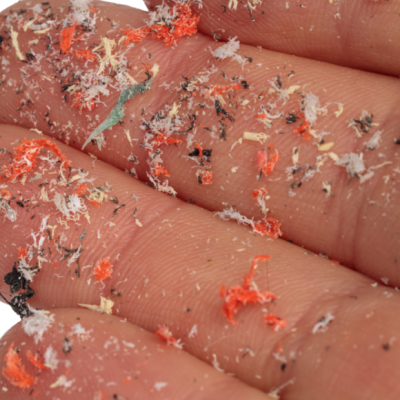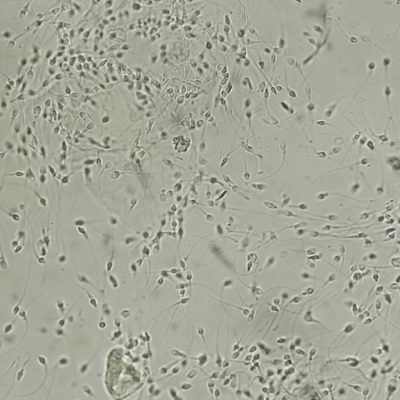The sperm count has significantly decreased in recent decades, and one of the culprits is the use of insecticides. A study conducted by the Hebrew University of Jerusalem revealed that the average sperm concentration has decreased from 1973 to 2018. The frequent use of mobile phones is one of the reasons for this decline. Another study by researchers from Cumhuriyet University suggests that e-cigarettes may also contribute to a decrease in sperm count. However, a new metastudy by researchers from Northeastern University and George Mason University has found that insecticides may have a more significant impact on sperm count than previously thought.
The study, published in Environmental Health Perspectives, analyzed 25 human studies spanning almost 50 years and involving 1,774 adult men from Asia, North America, South America, and Europe. The participants were exposed to organophosphates and N-methylcarbamates, which are widely used insecticides in many countries. The results of the study suggest a clear link between exposure to insecticides and a reduced sperm count. Melissa J. Perry, one of the researchers, warns that these insecticides pose a significant problem for public health, especially for men who consume food and water contaminated with these chemicals.
The scientific team recommends further studies to explore the effects of insecticides on sperm count and male infertility. They also urge regulatory measures to reduce exposure to these chemicals. The study highlights the need for greater awareness of the impact of environmental factors on human health and the importance of taking action to protect ourselves from harmful substances. As the evidence continues to mount, it is crucial that we take steps to reduce our exposure to insecticides and other harmful chemicals to safeguard our reproductive health.










